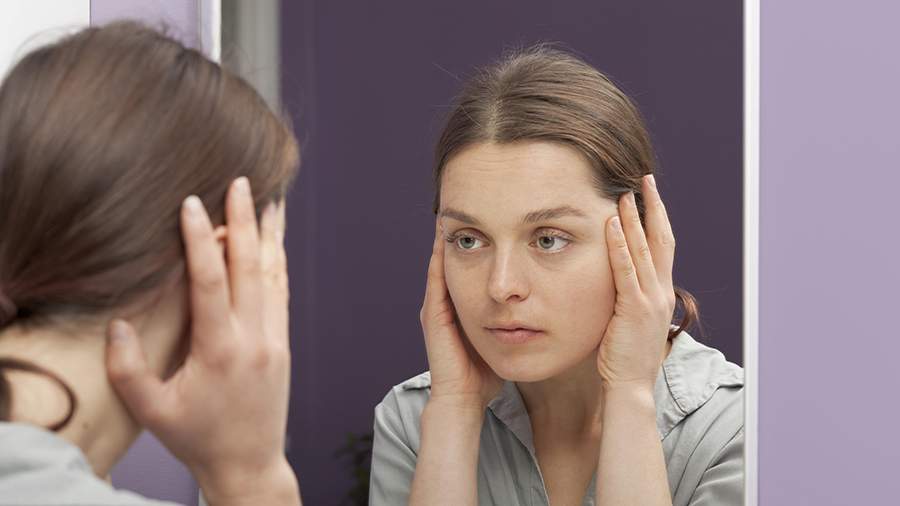Cosmetologist warned about skin aging due to stress

Chronic stress and overwork provoke changes that affect the skin. Under the influence of cortisol, the main stress hormone, the hydrolipidic balance is disrupted, the synthesis of collagen and hyaluronic acid is inhibited. On June 25, Zarema Omarova, a dermatologist, cosmetologist, and co-owner of Dr. Omarov's clinic network, told Izvestia.
"Due to stress, the skin on the face becomes dry, dull, loses elasticity, wrinkles appear, inflammatory reactions and acne increase," she said.
With prolonged chronic stress, sebum production increases and the barrier function worsens, which makes the skin even more vulnerable to aggressive external factors: UV radiation, air pollution, and microinflammations.
However, even short-term stress can cause hyperemia and vascular reactivity, especially with sensitive skin prone to rosacea.
The key step is to prevent and correct the effects of stress on life. First of all, according to the cosmetologist, it will be necessary to adjust the quality of sleep. The mandatory hours for sleep are from 23:00 to 03:00, at which time melatonin is actively produced, a hormone that reduces cortisol levels and protects against premature aging. At least seven hours of sleep a day is a prerequisite for tissue regeneration.
"Nutrition should be rich in antioxidants, polyunsaturated fatty acids and vitamins A, C, E. Such a diet will support the immune and barrier function of the skin. It is important to follow a drinking regime during periods of stress. Water is needed in order to optimize lymphatic drainage and normalize detoxification processes," explained Omarova.
According to her, during a period of stress, it is not superfluous to reconsider your usual skin care. The basis of care should be preparations with antioxidants. These are vitamin C, E, ferulic acid, alpha-tocopherol, as well as moisturizing agents: hyaluronic acid, urea, ceramides, niacinamide, peptides to stimulate collagen synthesis, as well as components with anti—inflammatory effects - allantoin, bisabolol, chamomile extract and aloe.
Earlier, on April 26, Dmitry Semiryadov, a nutritionist and nutritionist, told Izvestia that too frequent use of smartphones and computers can increase stress levels. In addition, excessive consumption of caffeine, which is found in coffee, tea, and chocolate, can increase anxiety and harm sleep.
Переведено сервисом «Яндекс Переводчик»

